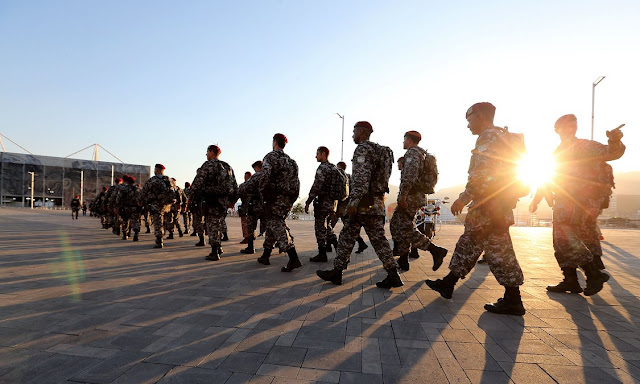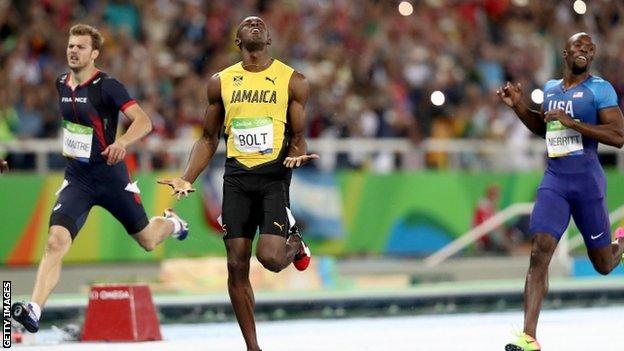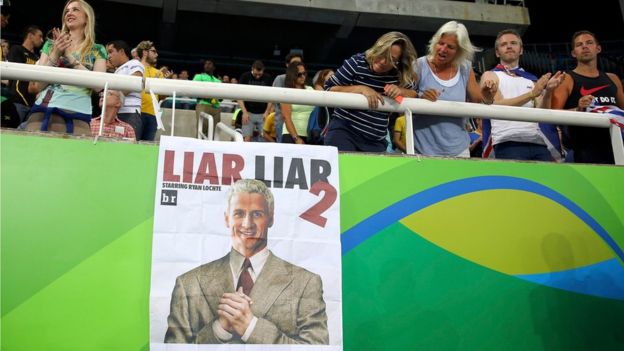‘The city should not be this way’: fears over violence in Rio with Olympics near
The archbishop of Rio de Janeiro was on his way from the Christ the Redeemer statue to the airport when his journey was interrupted by a gunfight that erupted on either side of the road.
For 10 minutes, Cardinal Orani João Tempesta sheltered on a kerb behind his chauffeur-driven car as police and gangsters traded shots that crackled through the lofty, leafy neighbourhood of Santa Teresa.
“People were scared of stray bullets,” he recalls of the incident last month. “And there was a sense of disappointment that the city should not be this way.”
Such experiences and sentiments are all too common in Rio, the Olympic host city, where violent crime has long been a feature of the social climate. The 2016 Games and the 2014 World Cup were supposed to usher in improvements, but in the past two years the security situation has deteriorated.
Orani is living proof of that. Although he has – in theory – one of the lowest risk jobs and lives in one of the more affluent areas of Rio, he has been caught up in three incidents. As well as the shooting this 10 June, he was carjacked last July and robbed at gunpoint in September 2014 of his crucifix and a replica of a gold ring gifted to him by Pope Francis.
This is partly misfortune, partly the curse of riding in a luxury car, but largely the result of Rio’s divisive social, economic and policing policies. The Olympics may even have made things worse.
With less than a month until the opening ceremony, news headlines have been dominated by muggings of athletes, body parts washing up on the shore of Copacabana where the beach volleyball will take place, and a murderous shoot-out in an Olympic-approved hospital. In the later case, a patient was killed and a nurse wounded when more than a dozen gangsters used grenades and guns to free their injured, arrested leader – a drug trafficker nicknamed Fat Family.
Meanwhile, police salaries have been delayed by the Rio state government, which recently declared itself in a state of “financial catastrophe”. In response, officers have gone on strike and staged protests in the Galeão international airport, where they greet foreign arrivals with banner saying “welcome to hell” and a warning that they are no longer able to guarantee visitor’s security. Earlier this week, Rio mayor Eduardo Paes described the situation as “terrible, horrible.”
To reassure Olympic visitors, the federal government has moved in with an emergency loan to cover police salaries. On Wednesday, it also deployed 20,000 national guard, army and navy personnel to protection of Olympic sites. Along with 65,000 police officers, this will be the biggest security operation in Brazil’s history and double the number of personnel used in London.
But many criminologists and human rights groups argue that the short-term focus on Olympic risks may be pushing policing back towards the old policy of protecting only rich (and mostly white) residents and foreign tourists, while seeing the poor (and mostly black) as the enemy.
For much of the past 20 years Rio has seen an impressive reduction in crime, as a result of economic growth, wealth redistribution, state intervention in favelas and police reforms. From the mid-1990s until three years ago, murder rates fell from 64 for every 100,000 people, to 25.
In its winning bid for the Olympics in 2009, Rio promised major improvements in public safety. The military police said they would ramp up a pre-existing programme to “pacify” favela communities, previously controlled by gun-toting drug traffickers. For a while, it seemed to work.
In the years that followed, more police resources were dedicated to poor neighbourhoods, where the vast majority of crimes are committed. Some locals complained of invasion, but others welcomed a peace that allowed businesses to thrive and social services to move in, albeit at a disappointingly slow pace. Police were no longer rewarded for the number of drug traffickers they killed. Instead their prospects depended on a fall in crime.
But as the Olympics have drawn nearer, the gains have started to unravel as a result of recession, budget cuts and intensified violence by armed gangs and, most importantly, by police.
https://www.theguardian.com/world/2016/jul/08/the-city-should-not-be-this-way-fears-over-violence-in-rio-with-olympics-near





Comments
Post a Comment